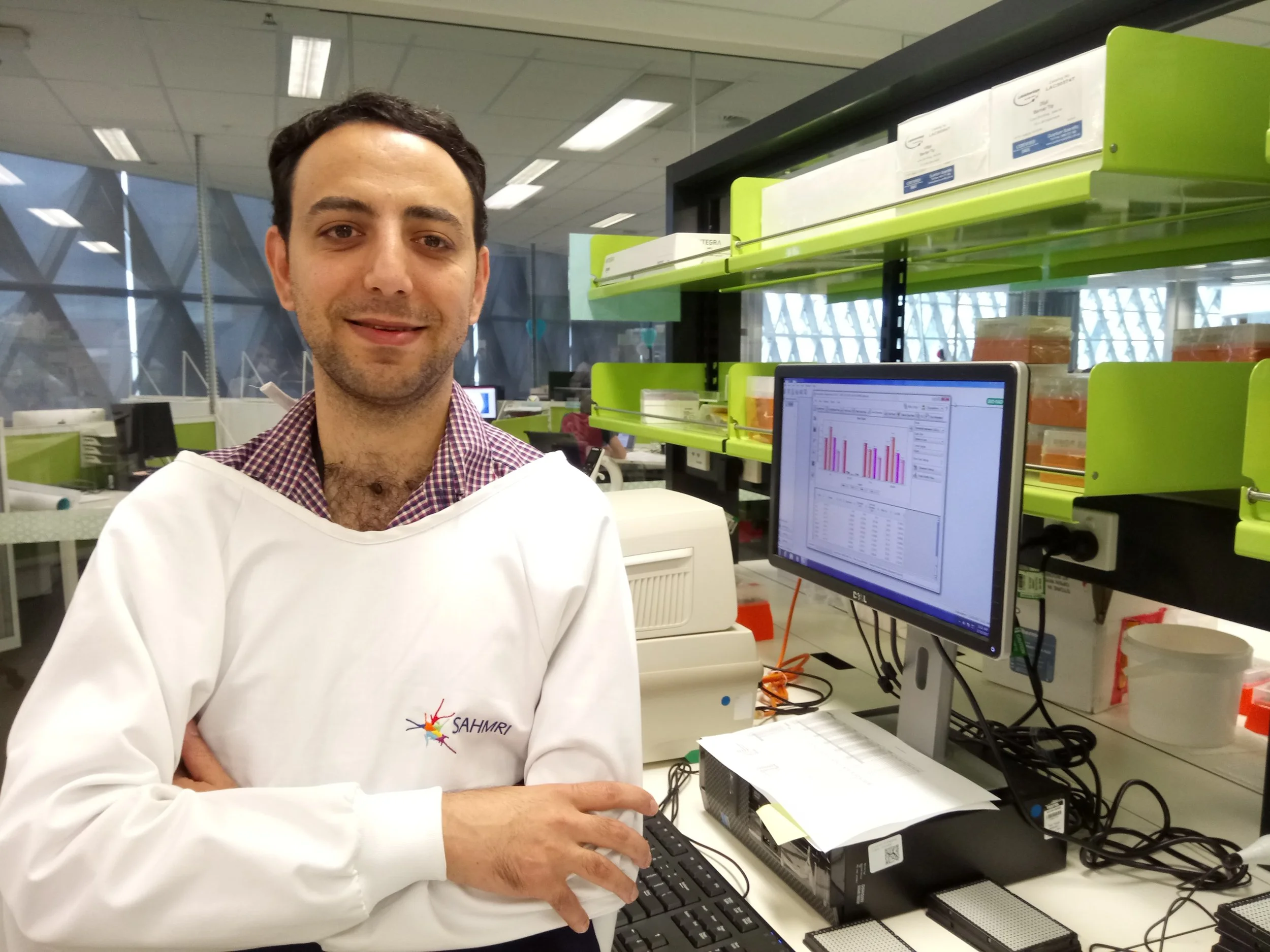This Program aims to listen to the voices of young males around mental health and wellbeing within masculinised sporting cultures, explore the way in which sporting clubs work with young males around mental health and wellbeing, investigate the way in which masculinities are created, maintained, and perpetuated within masculinized sporting clubs, and promote the importance of mental health and wellbeing as a key element of sporting club culture.
Contact: Murray Drummond









